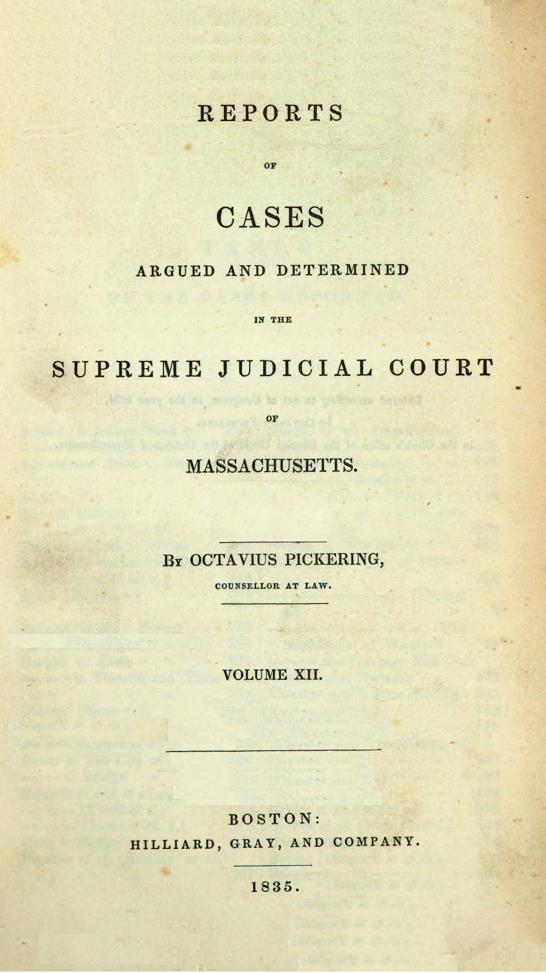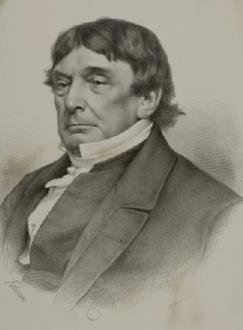Nickerson
v.
Easton. |
But the defendant fails in the first step of his case, and does not show that the relation of master and apprentice existed. The Court are of opinion, that so far as the relation of master and apprentice subsisted between the parties de facto, by the actual residence of the plaintiff with the defendant as an apprentice, it was waived and terminated by the written agreement, which stipulated that the plaintiff should go on the voyage, and that at the end of it, whether the plaintiff were twenty-one or not, that relation should cease. We are also of opinion, that the instrument itself did not constitute a contract of apprenticeship. There is no stipulation for the instruction of the apprentice in his trade, nor even that be shall be employed as a cooper, no stipulation for the care and maintenance of him during the term of his service, and no provision for him at its termination. It was a contract for a separate and independent service and purpose, and as such contract, it was not binding upon the plaintiff, because he was a minor and not competent to bind himself by such contract.
This agreement cannot be relied upon, as a contract which a minor has authority to make as one beneficial to himself, independently of the supposed relation of master and apprentice; it has not been put upon that ground by the counsel, nor is there any thing in the case to warrant us so to consider it. The Court do not mean to say, that it is not competent for a minor over fourteen years of age, with the consent of his parents, and under many circumstances by himself alone, to make a contract for his employment, and if such contract is reasonable, and beneficial to the minor, it may be held to be valid and binding in law, on the ground that it is within a well known exception to the general rule, under which minors are held incompetent to bind themselves by their contracts. But in all such cases the question will be, whether the particular contract, at the time and under the circumstances in which it was made, and in the stipulations and provisions of the contract itself, was reasonable and beneficial to the minor, and the contract will be supported or vacated accordingly.
Judgment on the default. |


